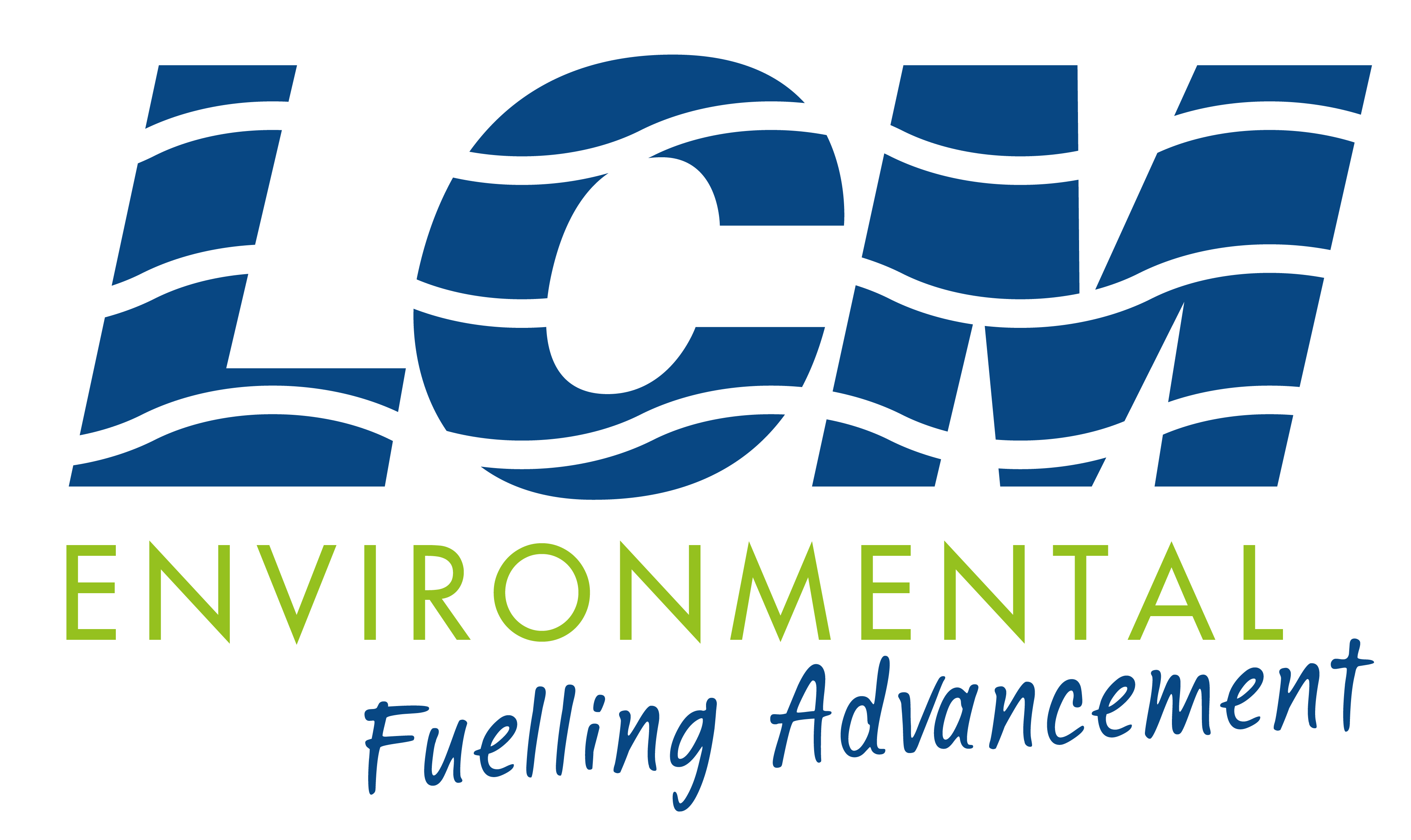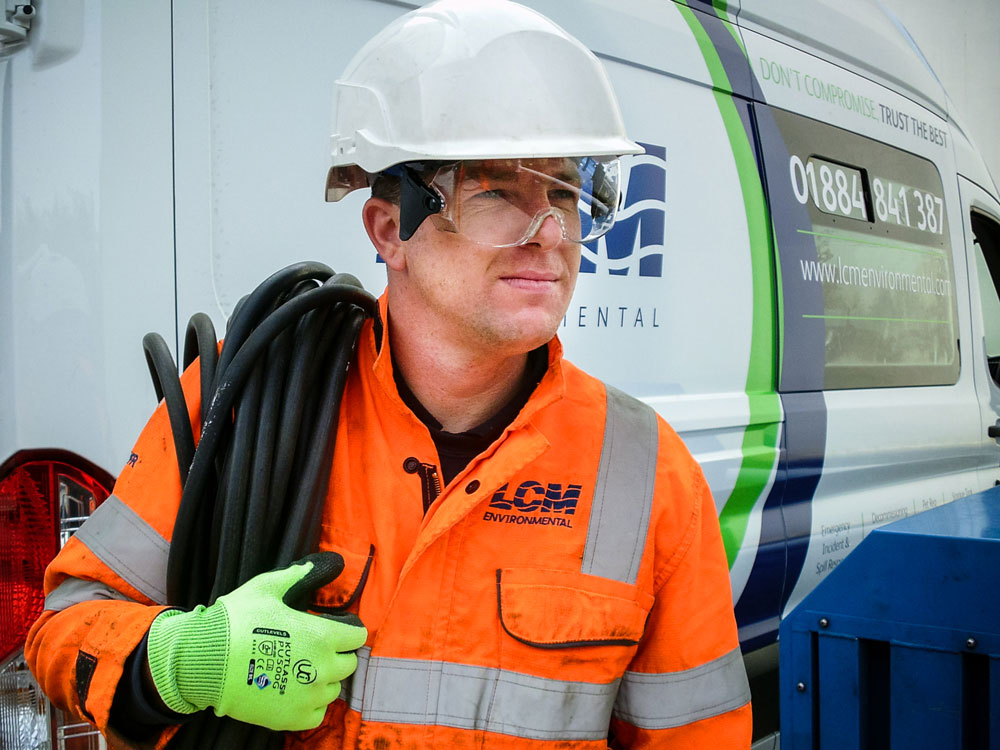What is an oil water separator/interceptor?
As it says on the tin, an oil water separator separates oil and suspended solids from water so that it can be skimmed away. From your school science lessons, you’ll remember that oil separates from water automatically because of it’s higher conductivity, so you might ask – why do you need an interceptor?
Well, water molecules are polar molecules. That means one end of the molecule has a positive charge and the other end has a negative charge which allows the water molecules to bond together. Oil molecules, on the other hand, are non-polar, it’s lighter and tends to float to the top. But, some oil particulates, especially tiny droplets, can still get mixed in.
Therefore, your oil water separators are specifically designed to target the oil based on the weight difference between oil and water, allowing for particulate (sludge) to settle to the bottom while oil rises to the top, leaving greywater in the middle layer. The sludge at the bottom can then be siphoned away, the oil can be skimmed off the top, and greywater can move along for further filtration.
If you don’t have one installed and the separating process doesn’t happen or your system isn’t maintained properly, it can pose an environmental hazard which could result in penalties.
What can affect the efficiency of my oil water separator/interceptor?
1. Ineffective maintenance
It’s recommended that your oil water separator is inspected and maintained by trained specialists. Without regular maintenance you could be subject to risks such as: mechanical failures and leaks that could pollute – defeating the purpose of your preventative system in the first place.
2. Sludge build-up
Another common challenge with oil/water separators is the build-up of sludge. When particles and debris mix with oil droplets they sink to the bottom of the separator. When sludge is not regularly removed it is allowed to accumulate. The build-up can affect the separator’s performance and if it meets certain toxicity levels, the sludge may be considered to be hazardous waste.
3. An inefficient design
Every environment is unique so it’s important to ensure your system meets your individual requirements. It’s certainly not a ‘one-size-fits all’ and installing a system like this – requires specialist skills.
Every oil water separator must be able to accommodate maximum flow rates and account for occasional spikes, such as excessive weather water run-off. If these factors aren’t appropriately accounted for when the separator is designed or specified, its efficiency and operation can be significantly weakened.
4. Unalarmed
It is now mandatory that you need to have alarms fitted in oil water separators. The alarm’s purpose is to monitor the oil level of the separator via a conductivity probe set at a predetermined level to detect oil when it rises to the top. In all new installations, there are almost always minimum requirements for two sensor types, such as high level and silt alarms
Why is it important?
Our water ecological system is one continual loop. So, oils such as fuel and other hazardous products that run off and mix into this can pollute ecological systems resulting in potential harm to plants, animals, and even humans.
If it can cause damage, clog your pipes and infrastructures, it will definitely harm the environment.
This is why we separate it out from wastewater and dispose of it, and why oil water separators are so important.
Take Action
We provide a whole host of fuel management and risk mitigation services and we’re only one call away. Call 0808 164 4570 or email us at hello@lcmenvironmental.co.uk.

